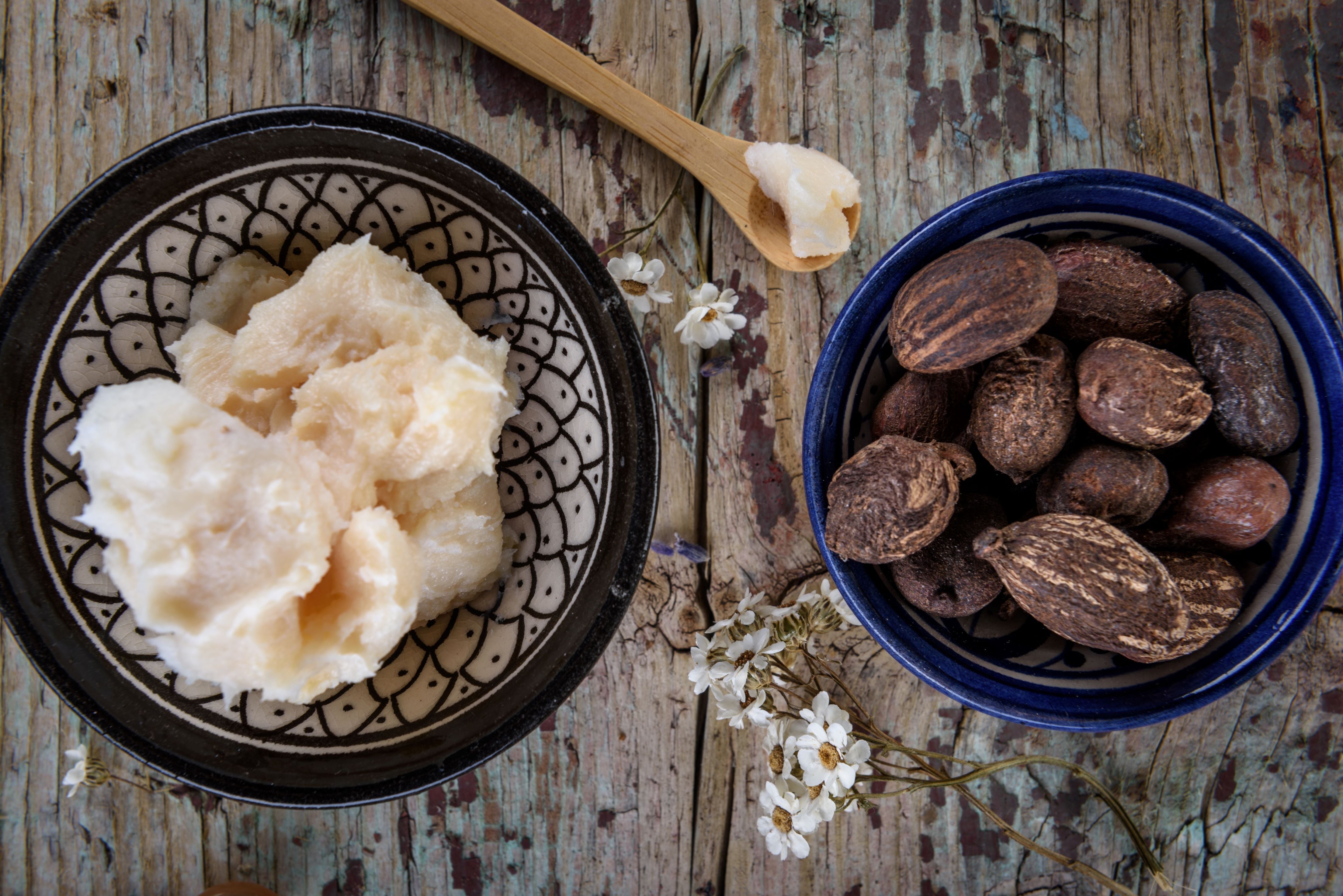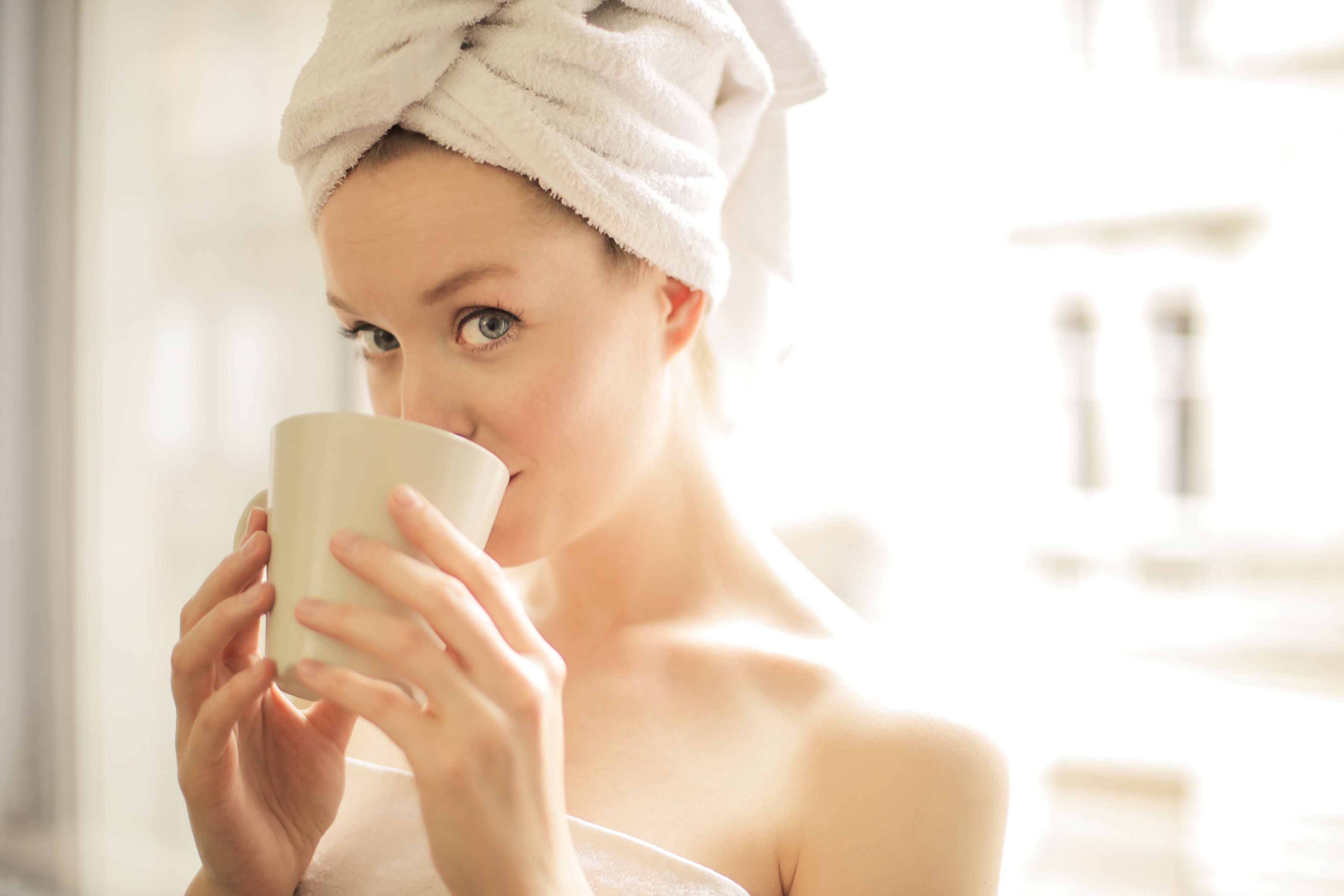The Ideal Bath Temperature
The Mayo Clinic suggests that an optimal bath water temperature is around 112 degrees Fahrenheit (44 degrees Celsius)1. A bath at this temperature is warm enough to soothe the body, yet not so hot that it dehydrates the skin or is uncomfortable.
A Balancing Act: Temperature Matters
- Too Hot: Extremely hot baths can lead to dry, itchy skin and may even burn you. It can also lower blood pressure, leading to dizziness or fainting, particularly in those with cardiovascular conditions2.
- Too Cold: A cold bath, although refreshing, might not help much in relaxing your muscles and could be uncomfortably chilly, especially in colder weather.
Benefits of the Perfect Bath Temperature
- Soothes Muscle Aches: A bath with the right temperature can ease sore muscles and tension, promoting relaxation and recovery3.
- Enhances Mood: The calming effect of a warm bath can help reduce stress and anxiety levels, contributing to overall emotional well-being4.
- Promotes Sleep: A warm bath before bedtime can help induce sleep by adjusting the body’s core temperature5.
Tips for the Perfect Bath
- Start Cool: Begin with lukewarm water and gradually increase the temperature until it feels comfortably warm.
- Use a Thermometer: A bath thermometer can help ensure that the water is at the ideal temperature.
- Hydrate: Drink a glass of water before the bath to stay hydrated, as warm water can lead to sweating and dehydration.
- Add Epsom Salts or Oils: Enhance your bath with Epsom salts or essential oils for added relaxation and skin benefits6.
- Don’t Overdo It: Limit your bath time to around 20-30 minutes to avoid skin irritation and dehydration.
In Conclusion
Finding the right bath water temperature is crucial for the most relaxing and beneficial bathing experience. Remember, the ideal temperature is around 112 degrees Fahrenheit (44 degrees Celsius), but everyone is different, so adjust it to your liking. Keep it balanced, stay hydrated, add your favorite bath products, and most importantly, enjoy your soothing soak!

Disclaimer: Always consult with your healthcare provider or a qualified professional before making significant changes to your bathing routine, especially if you have pre-existing health conditions. The content in this article is not intended to be a substitute for professional medical advice, diagnosis, or treatment.
Footnotes
-
“Safe Bathing”, Mayo Clinic. Retrieved from https://www.mayoclinic.org ↩
-
“Hot Bath and Heart Health”, American Heart Association. Retrieved from https://www.heart.org ↩
-
“Effect of Water Temperature on Muscle Recovery”, Journal of Sports Medicine. Retrieved from https://www.jsm.org ↩
-
“Baths and Emotional Well-being”, Psychology Today. Retrieved from https://www.psychologytoday.com ↩
-
“Baths and Sleep Quality”, National Sleep Foundation. Retrieved from https://www.sleepfoundation.org ↩
-
“Benefits of Epsom Salts and Essential Oils in Baths”, National Eczema Association. Retrieved from https://nationaleczema.org ↩



